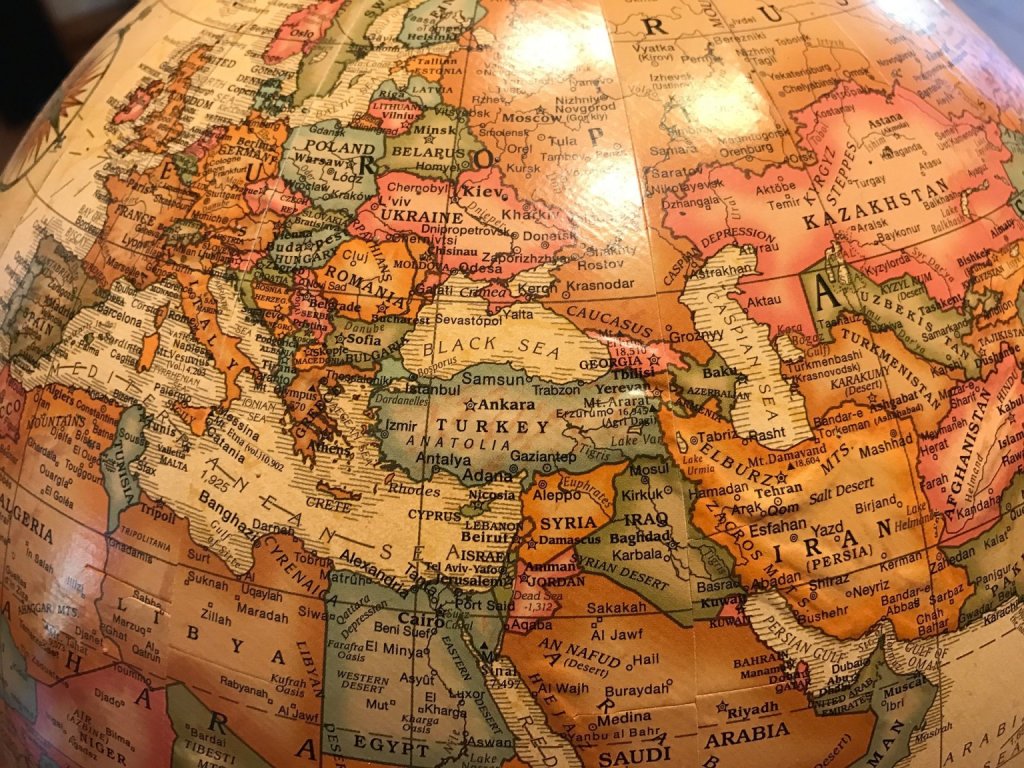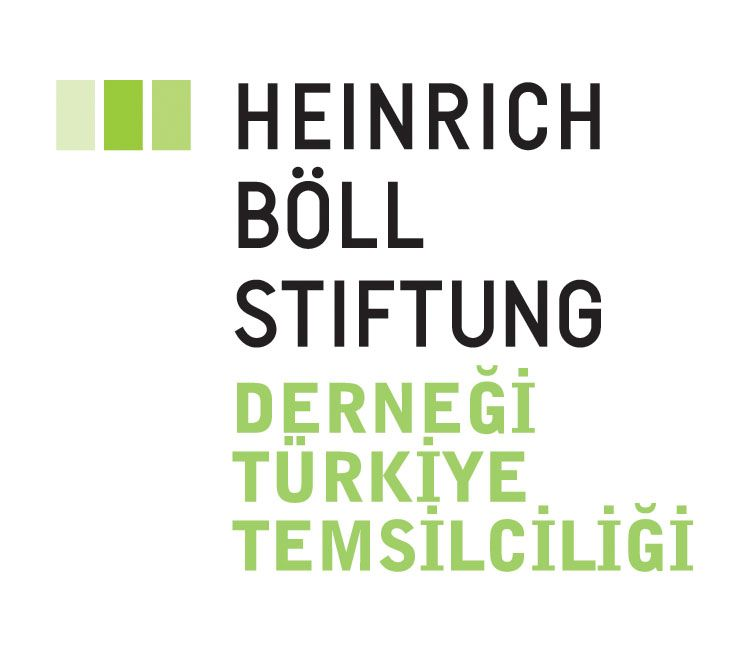
Turkey’s policy towards Russia has some aspects of historical continuity, though it has also acquired new dimensions in the 2000s. Turkey and Russia prioritized strengthening their relations with Western states for different reasons at the beginning of the 20th century. Turkish political elite wished their country to be included in the Western world ideologically and identically from the early years of the Republic of Turkey. The Soviet Union was, on the other hand, an important partner when Turkey opted for a balanced foreign policy. While one can find exceptions, Turkey maintained its relations with the Soviet Union even during the Cold War and preferred to intensify its collaboration, especially after Johnson’s letter created an enormous drift between Turkey and the U.S. Yet, Turkey’s relations with the Soviet Union were mainly limited with the trade and energy.
To see cooperation branch out into different areas and develop a new approach that elaborates Russia not only as a balancing factor but as an actor with whom relations can be strengthened, we needed to wait until the mid-2000s. Throughout the 2000s, Russia was seen as an important regional and global actor. In line with that, Turkish foreign policymakers attempted to develop bilateral relations in many areas.
Current political leaders in both countries came into power in the early 2000s. During this period, a cooperation-oriented approach in bilateral relations came to the fore as one of the many columns of a multidimensional foreign policy approach. The 2008 global economic crisis caused a shrinkage in Western economies, while countries such as Russia, China, Brazil, and Turkey continued to grow economically. In line with their financial performance, emerging economies demanded more say in the international sphere. In the same period, as the Georgian War showed, Russia started to follow a more active and aggressive foreign policy in its region and global politics.
On the other hand, Turkey’s membership negotiations with the European Union were interrupted. Finding common ground on their deteriorating relations with the West, Turkey and Russia intensified their cooperation in many fields, from economy to politics. As a result, questions about whether Turkey had changed its axis in foreign policy started to be raised.
By 2011, for the first time in history, visa liberalization started between the two states, mutual official visits of the leaders of the two countries with their delegations became routine, relations diversified and intensified not only in the fields of energy and trade but also from education to culture, and from tourism to art. The momentum gained in bilateral relations has been mostly a result of the high level of coherence at the leader-to-leader level. However, strong relations between the two leaders also represent the soft belly of bilateral relations. The most obvious example of the problems caused by the lack of institutionalization has been the jet crisis in November 2015 and its aftermath. The shooting down of a Russian warplane by Turkey, which was carrying out bombings in Turkmen villages in Syria and violated Turkish airspace while doing so, was a significant turning point in the history of bilateral relations. During the crisis, institutions could not step in and function. Eventually, both sides took the most drastic measures, and bilateral relations were hit hard.
With the warplane incident, all the agreements/contracts signed between the two sides were suspended, and diplomatic relations were at their lowest level for eight months. Although the normalization step was taken in the end, the current structure of the relations -not surprisingly from the perspective of international relations- is not problem free.
Turkish-Russian relations after normalization had different characteristics, which made it possible to observe cooperation in some areas and competition in others. While Turkey and Russia, for example, are two actors working together in the war in Syria, they support opposing parties in Libya. Bilateral relations and cooperation between Ankara and Moscow are not based on common interests, common values, and a shared vision regarding the structure and future of the international system. What brings them together is the need to work together. This necessity is based on the fact that the two countries are either the main actors of the problems/conflicts in their respective regions or regional/global developments push them for “partnership”.
For Turkey, Russia is an important regional player and one of the leading actors of the post-Western global order, which is considered a key energy supplier and partner in many different areas. Mentioned features of Russia will remain in the short and medium term. In this respect, having good neighborly relations with Moscow and managing differences will continue to be important for Turkey.
On the other hand, increasing the functionality of institutions in terms of Turkish foreign policy may make it possible to seek ways to reduce the level of asymmetrical interdependence in Turkish-Russian relations in favor of Ankara by paving the way for pursuing an interest-based foreign policy. If one of the most critical weaknesses of Turkish-Russian relations is the lack of institutionalization, the other is the asymmetry in the interdependence mentioned above. Although leader-to-leader dialogue makes it possible to develop a solid partnership, the absence of mechanisms to manage unexpected crises, as seen in the example of the aircraft crisis, is felt intensely.
Asymmetry in bilateral relations is not limited to the economic field. Turkey’s energy supply and resource diversification is essential for long-term energy security. While Russia has been a significant supplier of oil and natural gas, with the building of the Mersin Akkuyu nuclear power plant, Turkey’s energy dependence on Russia is being reinforced.
In addition, from a security perspective, the Russian military presence has increased in the region since it annexed Crimea. Moreover, Turkey’s purchase of a Russian-made S400s missile defense system may, in the longer term, create a security gap in the country’s defense in case of a possible crisis with Russia. Considering all these factors, it is imperative for Ankara to overcome the confidence crisis with Western states in foreign policy and security and to re-establish its traditional diplomatic presence in international organizations. This will not only enlarge the room for maneuvering in Turkish foreign policy but also increase Turkey’s political power during negotiations in different fields vis-a-vis Russia.
In conclusion, Turkey’s policy towards Russia is essential regarding regional security, stability, and maintaining global order. Although historically, bilateral relations are mostly known for their competitive nature, the Soviets have always been considered a balancing actor in foreign policy since the establishment of the Republic of Turkey. Nevertheless, the 2000s represent a critical period in the history of bilateral relations. The relations have been developed in many areas, remarkable momentum has been gained, and the results of cooperation in regional security and foreign policy developments have been observed.
Still, bilateral relations have certain limits primarily due to the lack of shared values and joined perception of the future of the international system. However, Russia will continue to be an essential actor for Turkey regionally and globally. In this respect, taking advantage of multidimensional cooperation and partnerships to manage conflicts between Ankara and Moscow while aiming to change the asymmetrical interdependence from economy to foreign policy in favor of Ankara stands out as a strategy that should be prioritized in terms of Turkish foreign policy.

Asst. Prof. Habibe Özdal, Istanbul Okan University
Asst. Prof. Habibe Özdal, works at Istanbul Okan University, Faculty of Business and Management Sciences, Department of International Relations. She received her undergraduate degree from the Department of International Relations at Çanakkale Onsekiz Mart University, her master’s degree from the Department of Human Rights and Social Justice at London Metropolitan University, and her doctorate degree from the Department of International Relations at Ankara University SBE. Özdal, whose doctoral thesis was published as a book in 2016 with the title “Ukraine in Russian Foreign Policy”, has studies on Russian foreign policy, Turkey-Russia relations, and Eurasian politics. Özdal is also a member of the Women in Foreign Policy (Dış Politikada Kadınlar -DPK) Initiative.
To cite this work: Habibe Özdal, “Turkey’s Policy towards Russia and Turkey-Russia Relations” Panorama, 08 September 2023, urkey’s policy towards Russia has some aspects of historical continuity, though it has also acquired new dimensions in the 2000s. Turkey and Russia prioritized strengthening their relations with Western states for different reasons at the beginning of the 20th century. Turkish political elite wished their country to be included in the Western world ideologically and identically from the early years of the Republic of Turkey. The Soviet Union was, on the other hand, an important partner when Turkey opted for a balanced foreign policy. While one can find exceptions, Turkey maintained its relations with the Soviet Union even during the Cold War and preferred to intensify its collaboration, especially after Johnson’s letter created an enormous drift between Turkey and the U.S. Yet, Turkey’s relations with the Soviet Union were mainly limited with the trade and energy.

This article has been prepared with the support provided to the International Relations Council and the Global Academy by the Heinrich Böll Stiftung Association Turkey Representative within the scope of the project titled ‘Foreign Policy for the 21st Century; Peaceful, Equitable, and Dynamic Turkey’.
Telif@UIKPanorama. Çevrimiçi olarak yayımlanan yazıların tüm telif hakları Panorama dergisine aittir. Aksi belirtilmediği sürece, yayımlanan yazılarda belirtilen görüşler yalnızca yazarına/yazarlarına aittir. UİK, Global Akademi, Panorama Yayın Kurulu ile editörleri ve diğer yazarları bağlamaz.

